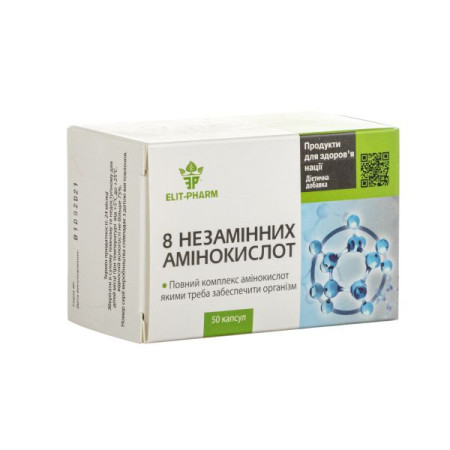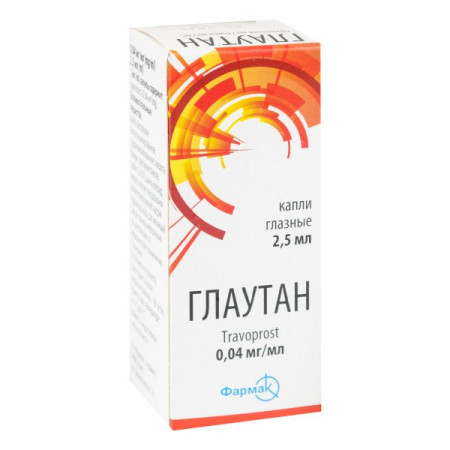Imet for children 2% suspension 100 mg/5 ml 100 ml

Imet oral suspension for children 2% is indicated for short-term symptomatic treatment of fever and mild to moderate pain.
Composition
Active ingredient: ibuprofen;
5 ml of suspension contain 100 mg of ibuprofen;
Excipients: sodium benzoate, citric acid, sodium citrate, saccharin sodium salt, sodium chloride, hydroxypropylmethylcellulose, xanthan gum, liquid maltitol, glycerin (E 422), purified water, strawberry flavoring.
Contraindication
Hypersensitivity to the active substance or to any excipient included in the preparation.
Known history of bronchospasm, asthma, rhinitis, angioedema or urticaria after use of acetylsalicylic acid or other non-steroidal anti-inflammatory drugs (NSAIDs).
Hematopoietic disorders of unknown origin.
Current or recurrent peptic ulcers or bleeding (at least 2 distinct episodes of confirmed ulceration or bleeding).
History of gastrointestinal bleeding or perforation related to previous NSAID use.
Cerebrovascular or other active bleeding.
Severe liver or kidney dysfunction.
Severe heart failure (NYHA class IV).
Severe dehydration (caused by vomiting, diarrhea, or insufficient fluid intake).
Method of application
The drug Imet® for children 2% is used during or after meals. Before use, the suspension in the bottle must be shaken. For accurate measurement of the dose, a dosing syringe (with graduations of 0.5 ml to 5 ml) is included in the package.
Application features
Pregnant women
The medicine is intended for use in children.
Children
The drug Imet® for children 2% is intended for use in children weighing from 5 kg (6 months) to 29 kg (9 years).
Drivers
The medicine is intended for use in children.
Overdose
Symptoms of overdose. Most patients who have taken clinically significant amounts of nonsteroidal anti-inflammatory drugs may experience only nausea, vomiting, epigastric pain or very rarely diarrhea. Tinnitus, headache and bleeding in the digestive tract may occur. In more severe poisoning, toxic lesions of the central nervous system may occur in the form of drowsiness, sometimes - agitation, as well as disorientation or coma. Sometimes patients have muscle spasms. In severe poisoning, metabolic acidosis and prolonged prothrombin time are possible due to the effect on blood clotting factors. Acute renal failure and liver damage may occur. In patients with bronchial asthma, exacerbation of the disease may occur.
Treatment. There is no specific antidote. Treatment may be symptomatic and supportive, and may include airway clearance and monitoring of cardiac and vital signs until stable. Oral administration of activated charcoal is recommended if the patient presents within 1 hour of ingestion of a potentially toxic amount. Frequent or prolonged muscle spasms should be treated with intravenous diazepam or lorazepam. Bronchodilators should be used in the presence of bronchial asthma.
Side effects
The development of adverse reactions depends on the dose, duration of treatment and the individual sensitivity of the patient.
The most common adverse reactions are from the gastrointestinal tract. Peptic ulcer, perforation or gastrointestinal bleeding may develop, sometimes with a fatal outcome, especially in elderly patients. Nausea, vomiting, diarrhea, flatulence, constipation, dyspeptic phenomena, abdominal pain, flatulence, bloody vomiting, ulcerative stomatitis, exacerbation of colitis and Crohn's disease may occur during the use of the drug. Gastritis is less common. In particular, the risk of bleeding from the digestive tract depends on the dose and duration of use.
Interaction
The simultaneous use of several nonsteroidal anti-inflammatory drugs increases the risk of ulcers and bleeding in the gastrointestinal tract due to synergistic action. Therefore, the simultaneous use of ibuprofen with other NSAIDs is not recommended.
With simultaneous use of Imet® for children 2% with digoxin, phenytoin or lithium, their serum concentration may increase. With proper use, as a rule, it is not necessary to monitor the serum concentration of digoxin, phenytoin, lithium (maximum for 3 days).
The simultaneous use of ibuprofen and acetylsalicylic acid is generally not recommended due to the possible increase in side effects.
Storage conditions
No special storage conditions are required. Keep out of the reach of children.
After opening the bottle - 6 months if stored at a temperature below 25 °C.
Do not use after the expiry date stated on the packaging.
Shelf life - 3 years.
There are no reviews for this product.
There are no reviews for this product, be the first to leave your review.
No questions about this product, be the first and ask your question.













